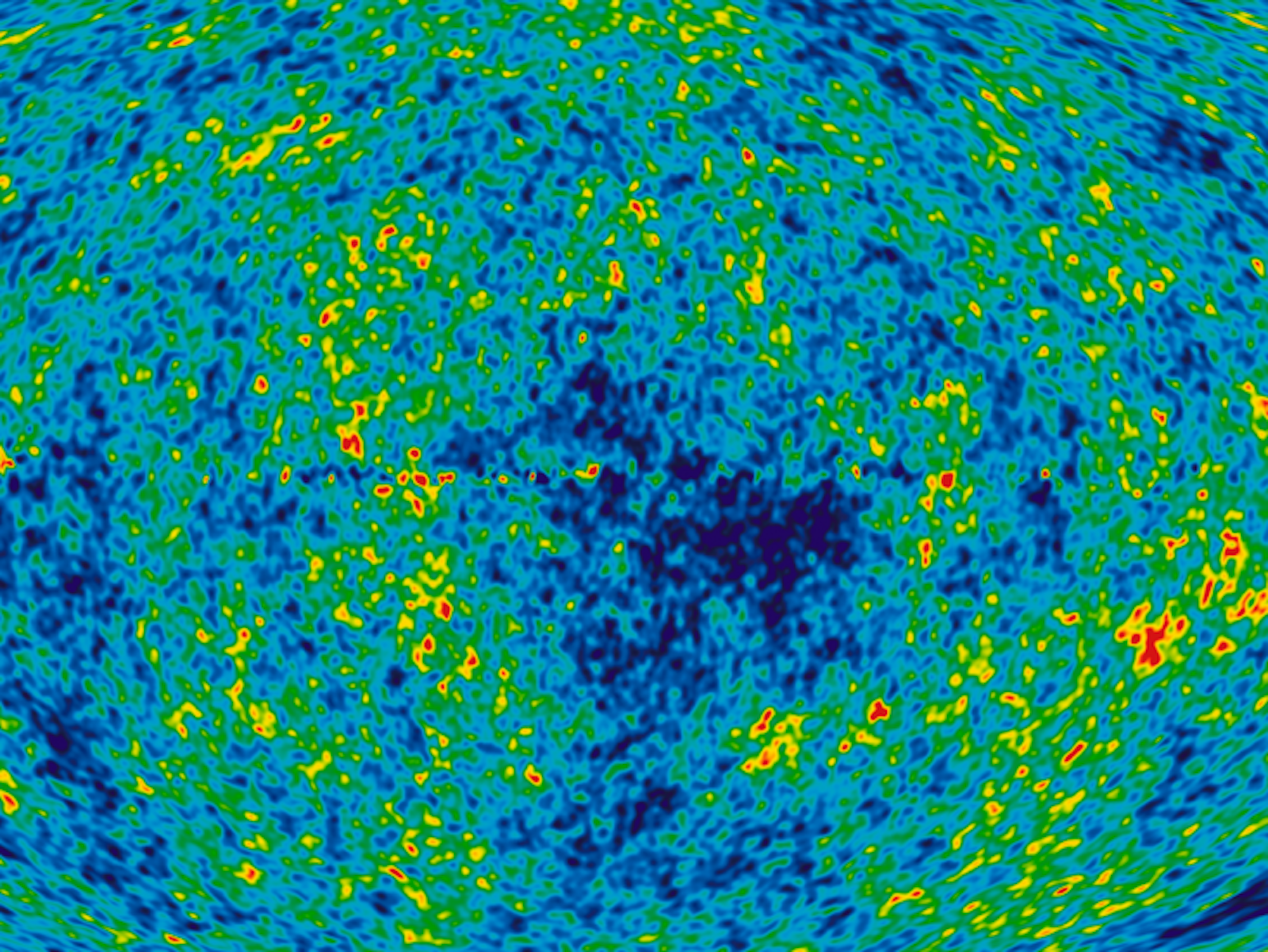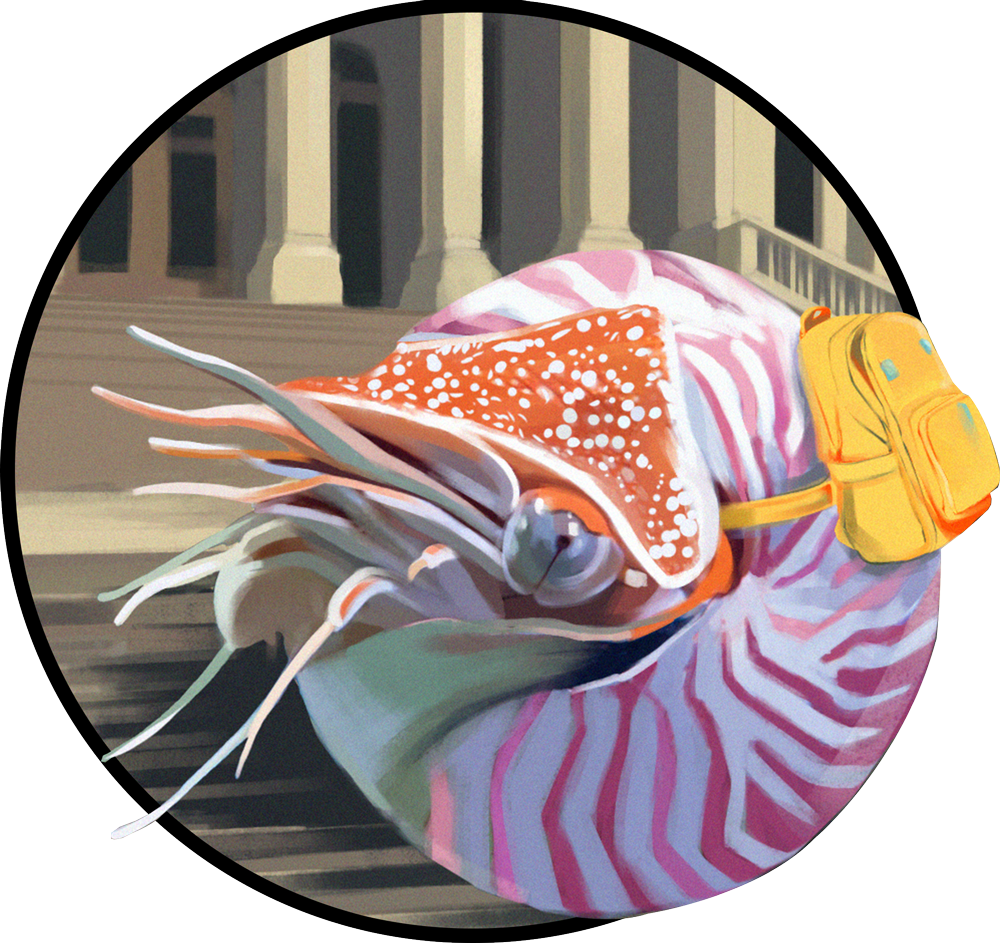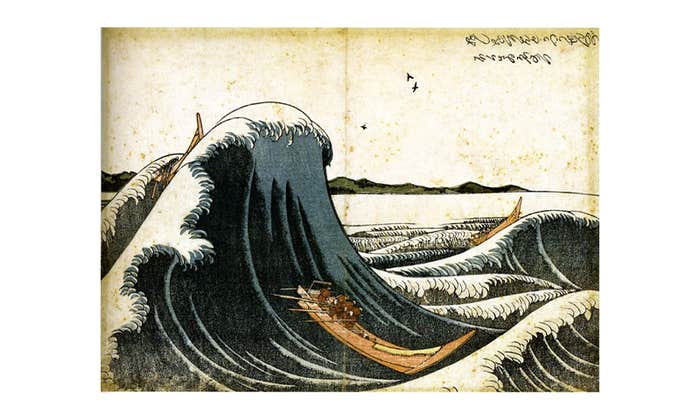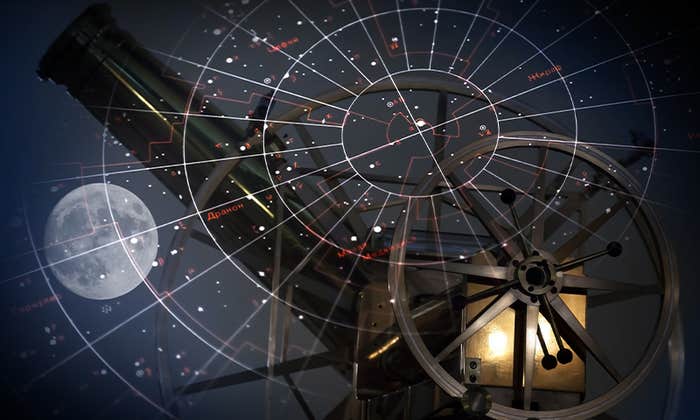The usual space vista is of distant tumbling galaxies, or towering clouds of dust. The Hubble Ultra Deep Field, for instance, is a photograph of a patch of blackness representing just one 24-millionth of the whole sky. Over 11 days, the telescope soaked in whatever light came in, and the result was astonishing: Every point of light visible in the picture—there were more than 10,000—was an entire galaxy.
Maybe just as mesmerizing, though, is a more abstract kind of image: the Cosmic Microwave Background.
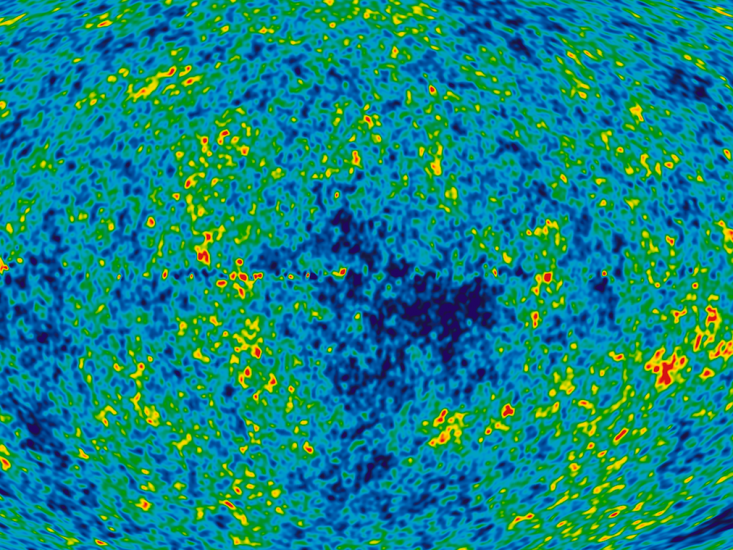
It doesn’t look like much, but those dark and bright spots show the remnants of the blistering heat from the Big Bang, 13.77 billion years ago. This is a picture of the oldest light in the cosmos, “imprinted on the sky when the Universe was just 380,000 years old.”
Would you say it’s as beautiful as any piece of art? Brian Greene, theoretical physicist and author of The Elegant Universe, says yes.
But can art be beautiful for aesthetic reasons alone? Simon DeDeo, who runs the Laboratory for Social Minds at the University of Indiana, says he would hesitate to go as far as Greene did. “There’s no moral dimension, there’s no human dimension [in the CMB]—so I would make a distinction and call it the sublime,” he says. “It’s something that inspires awe, and in the right frame of mind, perhaps terror.” The human dimension, DeDeo says, is made apparent not just in intentional art, but in unintentional records, like those of England’s central criminal court, The Old Bailey, which he describes in his Nautilus essay.
What do you think? Listen to the rest of our conversation with DeDeo, and then let us know your thoughts about the beauty or sublimity of the CMB—or of other examples you like—in the comments section below.
Brian Gallagher is an associate editor at Nautilus. Follow him on Twitter @bsgallagher.

















